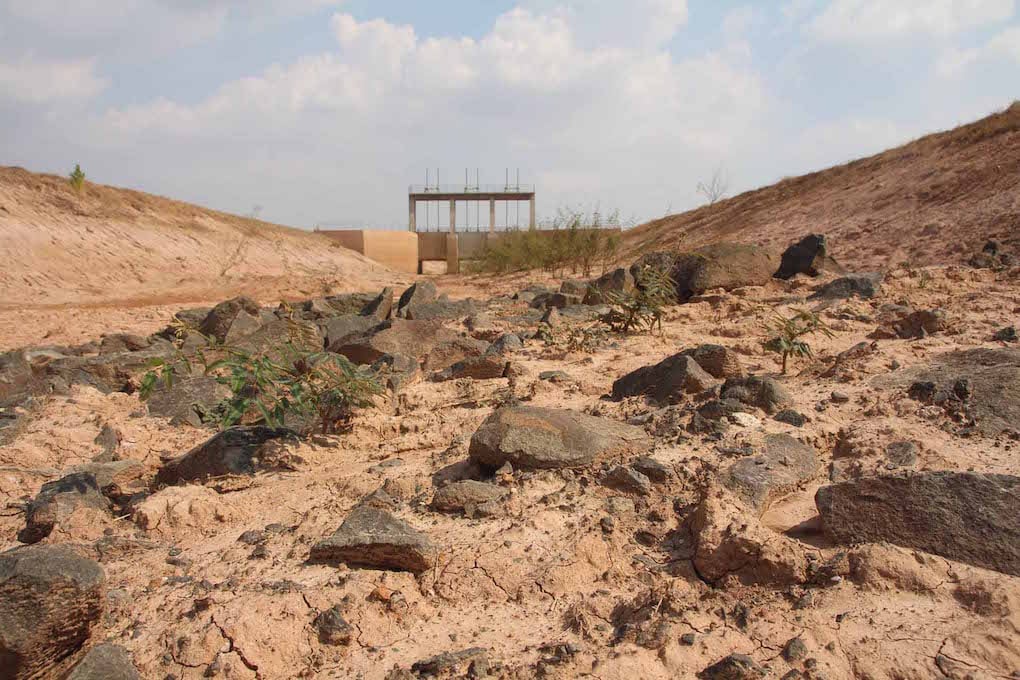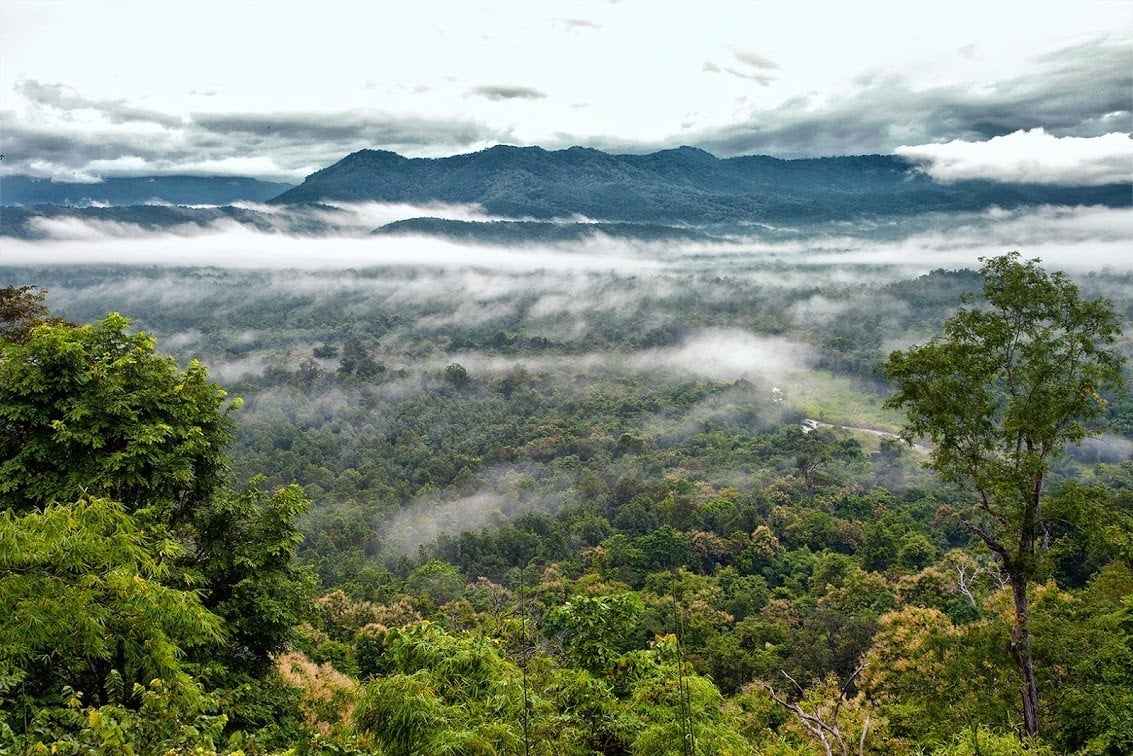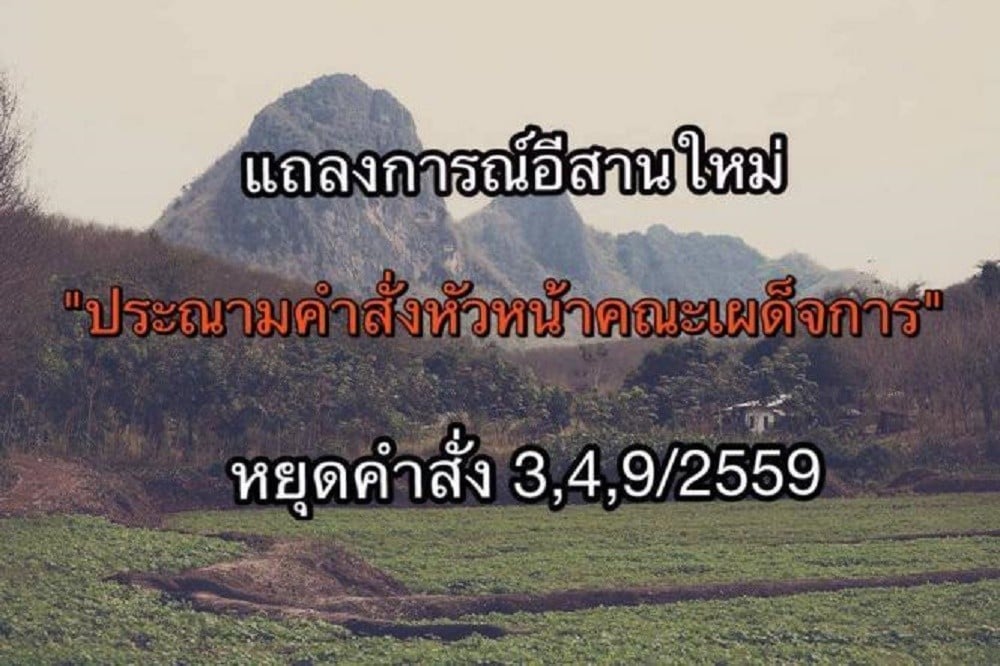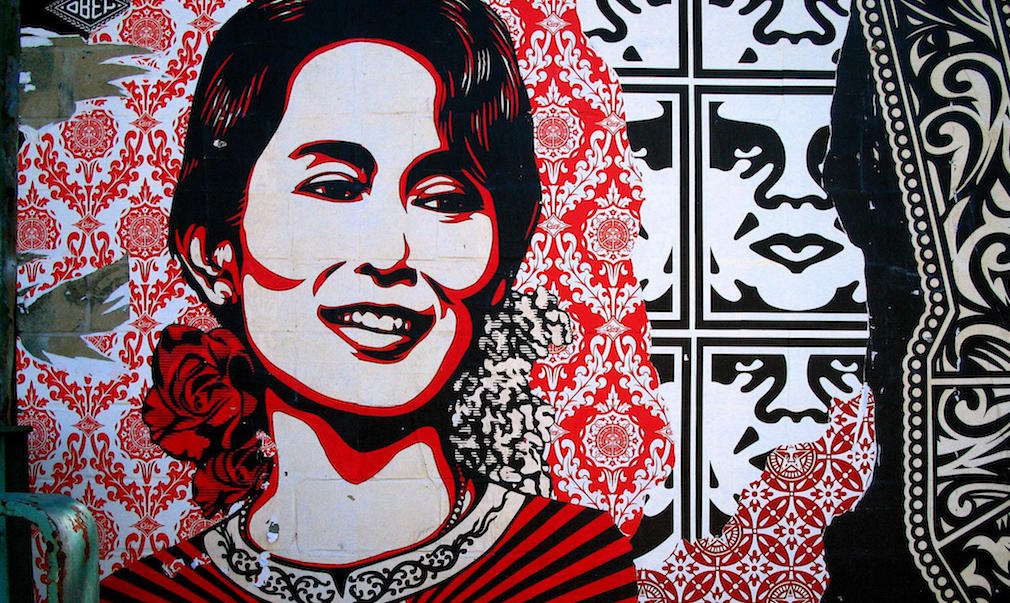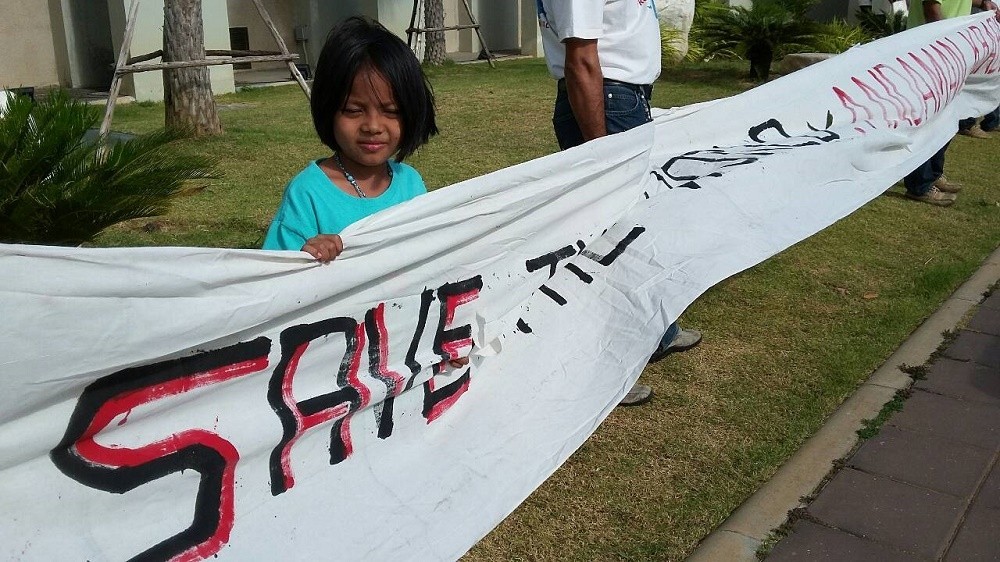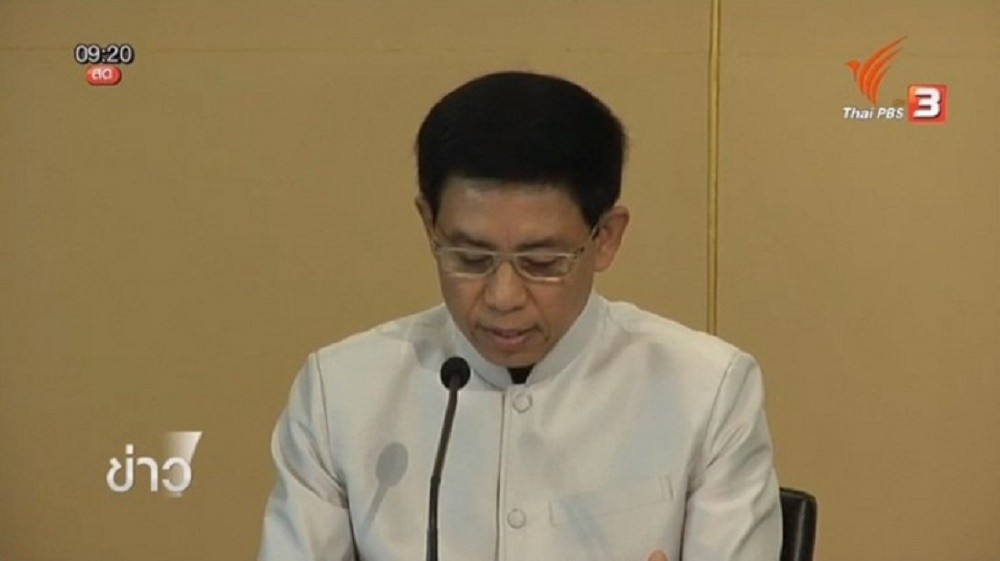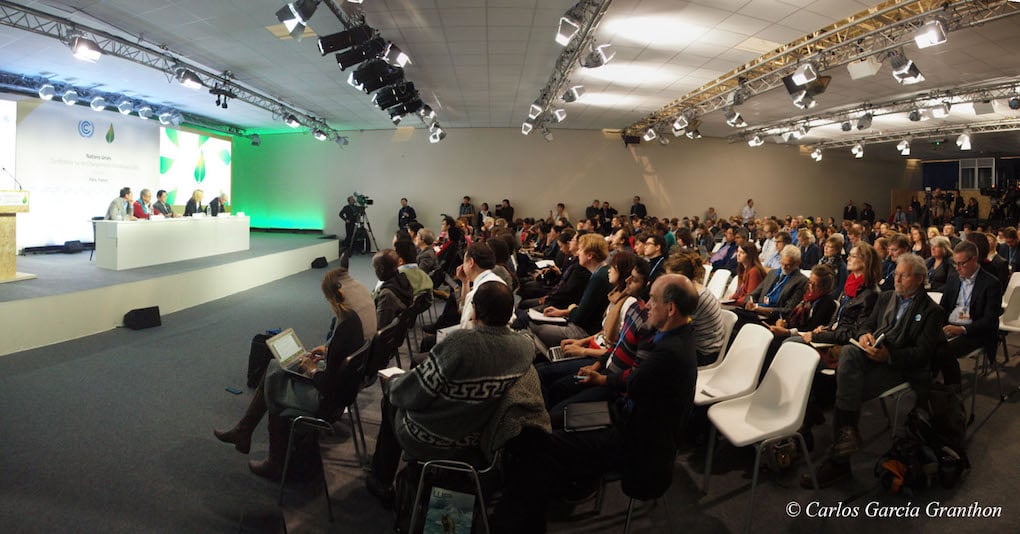Ban Klang is a 400-year old village in Chiang Khan district, Loei province, Thailand. The village, home to more than 1,000 residents, is located next to Loei’s river mouth, connecting the tributary to mainstream of the Mekong River. The village is famous as a peaceful destination for tourists.
However, upon entering Ban Klang in recent times, visitors are surprised to notice banners hanging in-front of residents’ houses throughout the town, declaring “No Si Song Rak water gate here” and “Ban Klang residents do not need Si Song Rak water gate.” These are just examples of the rising water conflict in the Mekong region.


